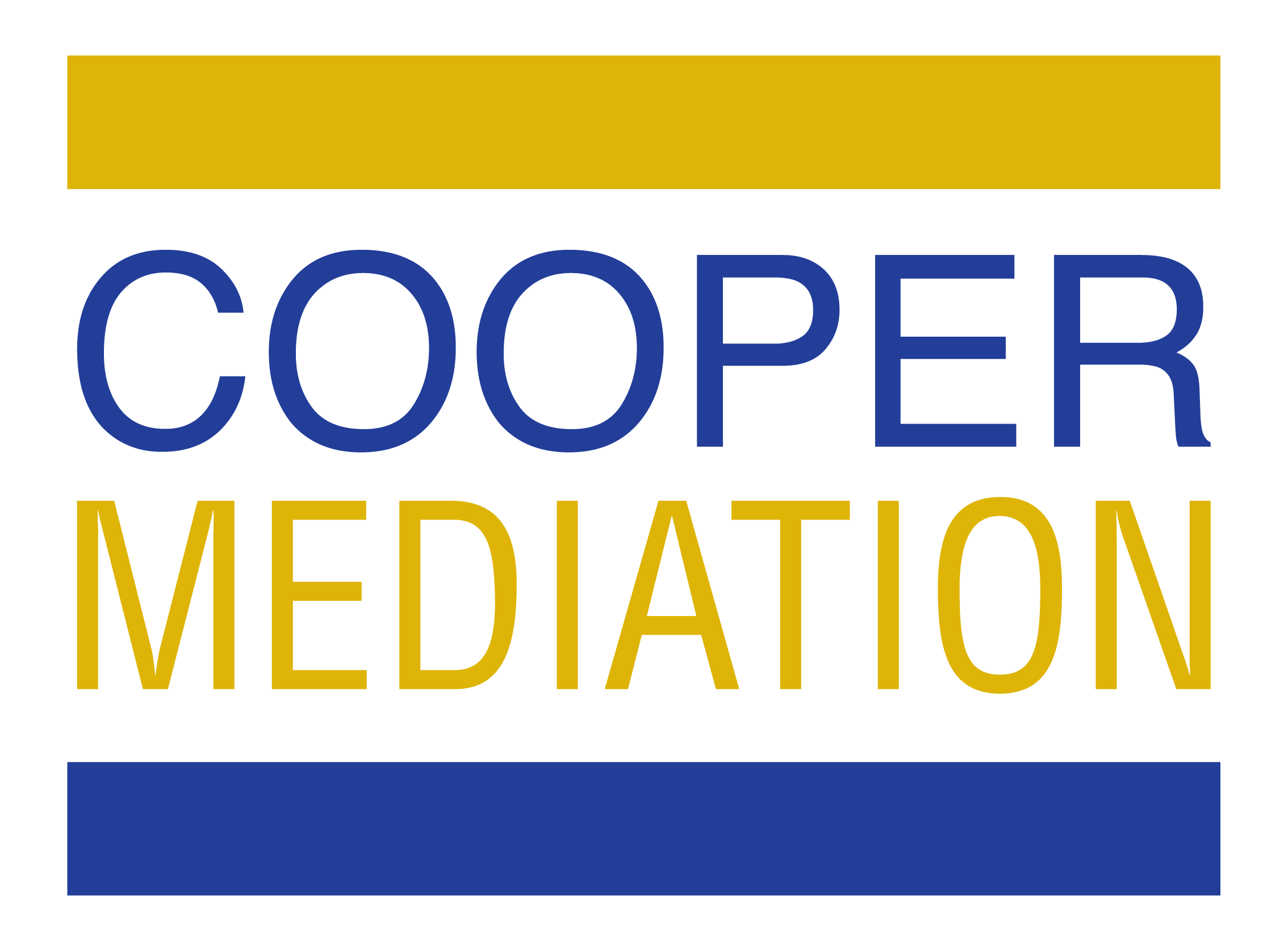
18 Sep Mediation Math: Solve For X
A train carrying the plaintiff leaves Personal Injury City at 9 am travelling at the speed of despair. Another train carrying the defendant leaves Insurance Acres at 2 pm travelling at the speed of limited liability. How long before they meet and get completely derailed?
Before you start to sweat, reach for a calculator and start having flashbacks to staring blankly at word problems in Grade 9 Math class, consider this: what if someone flips a switch on the tracks to help direct the trains and avert calamity?
In mediation, problem solving is the name of the game. And while the work we do is much more complex and subtle than activating a railroad switch, we can still often find ways to communicate with the trains’ conductors to find a solution that benefits everyone. If there’s a common junction where some redirection can help them come to a rest, side by side, isn’t it worth doing some mental math to avoid a head-on collision?
Solve For X
A lot of people might think most of the math done during a mediation session is calculating a middle ground range between the two sides. If one side opens with an offer of $100,000 to settle a lawsuit and the other counters with $50,000, would both sides be willing to meet somewhere in the middle? Is there a range of potential agreement where both sides could determine it’s worth settling rather than rolling the dice at trial or expending more time and expense leading up to trial?
In fairness, these types of calculations do take up a fair amount of time in some sessions. Trying to figure out what your best and worst day at court looks like, what their best day and worst day at court looks like, and whether there’s a number that will make you both satisfied that the certainty achieved with a settlement is worth the potential for more (or less) of a pay out in court, is time consuming.
However, solving for X to reach a monetary settlement number (or range) sometimes requires us to consider a lot of variables, including variables that are non-monetary. For instance, how will a plaintiff’s desire to be heard (in court or at a mediation) figure into discussions? What if there are personality clashes that sour the mood and hamper a good faith negation? And what if, after a valiant attempt at solving the outstanding problems, you’re still left with a remainder?
In these cases, you should be able to draw on a savvy mediator’s X-factor – that is, all of the training and experience we have in alternative dispute resolution. As a neutral figure, we don’t do the actual problem-solving work for the parties at the table. Nevertheless, we are active participants who help you along the way.
Imagine a mediator as a kindly teacher in math class standing behind you and watching you as you figure out a tough problem. What sort of things would you expect to hear from this teacher? Perhaps some reminders (“You forgot to carry the 1” or “If you’re using a formula, make sure your steps are in order”), some help catching missteps or potential for miscommunication (“Remember to show you’re work so others can see how and why you came to your answer”) or even some encouragement (“I know it’s been a tough problem, but you’re almost there”).
Conclusion
Think back to when you were first learning math in school. Undoubtedly and invariably, you’d come across some problem that appeared to have no answer. You’d try again and again and you just couldn’t get it. In the end you probably had to ask someone else how to solve the problem. In law, that person is a judge (or jury) and you may not like the answer they come up with.
Nevertheless, if you put your mind to it and work collaboratively with another party (and a mediator), many problems can be solved in a way where you feel satisfied with the result and a sense of personal satisfaction that you were actually part of the answer.
ABOUT THE AUTHOR
 Logan Cooper joined the Cooper Mediation team in November, 2017 and now devotes 100% of her professional time to mediation.
Logan Cooper joined the Cooper Mediation team in November, 2017 and now devotes 100% of her professional time to mediation.
Contact Logan at: logan@coopermediation.ca or (416) 726-1344. Alternatively, you may view Logan’s Online Calendar to book a mediation: www.coopermediation.ca/logan-coopers-online-calendar/.
